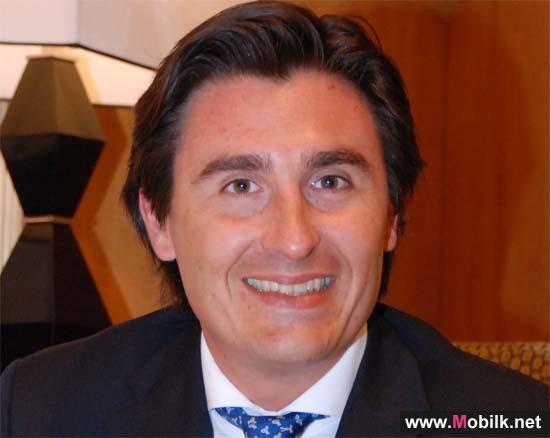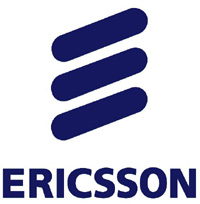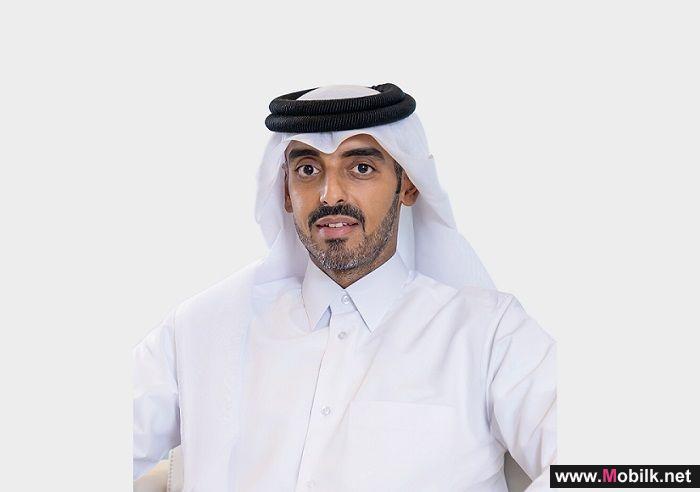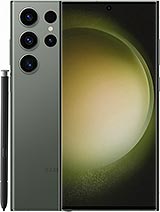Are companies liable for cell-phone health risks?
CIOs need to ensure that their companies' employees operate cell phones and other wireless devices in a manner that reduces health risks associated with radiation... or face the legal consequences.
That's the advice of George Carlo, a public health researcher who spearheaded a three-year, $27 million research program for the cellular telephone industry on possible health risks associated with such devices.
But the issue is a controversial one. While Carlo insists that the danger is real, the cell phone industry has disavowed his findings, and CIOs appear unfazed by warnings that have class-action lawyers salivating.
Carlo said that in his opinion, the general-duty clause of the Occupational Safety and Health Act covers employer responsibility to ensure safe operation of cell phones.
If I was a CIO or corporate IT manager, I would make sure my employees used them safely; they should all have a headset," said Carlo, chairman of Health Risk Management Group Inc., a public health research firm in Washington. Headsets allow the user to move the phone antenna away from the head, reducing radiation exposure, he said.
The potential health risks of cell phones have attracted the attention of the class-action bar, including Peter Angelos, an attorney who helped the state of Maryland in its lawsuit against the tobacco industry. Carlo said that Angelos offered to help fund his continuing research but that he refused the offer. "I don't want my findings used for litigation," Carlo said.
A spokesman for Angelos said, "We are reading materials [on cell phone health risks] released by scientists. We have no present plans for a lawsuit but cannot rule out that possibility at some point in time."
Companies contacted by Computerworld last week declined to discuss cell phone health risks. Dan Hubbard, a spokesman for Charles Schwab & Co. in San Francisco, said the brokerage is following the scientific studies but isn't "ready to take a position or to comment on it at this time."
First publication
Carlo's concerns were given some credence with the publication today of one of his papers in a Web-based, peer-reviewed medical journal, Medscape General Medicine (see link below). The paper said radio frequency radiation from wireless phone antennae "appears to cause genetic damage in human blood," while another case study uncovered a "statistically significant increase" in neuro-epithelial brain tumors among cell phone users.
A spokesman for the Cellular Telephone Industry Association (CTIA) in Washington declined to comment on Carlo's studies, citing the lack of an opportunity to read them. But in an interview earlier this month, Joanne Basile, vice president of external and industry relations at the CTIA, said that the "vast majority of science does not show any adverse health effects from the use of cell phones."
Carlo said he parted company with the industry last year after it didn't enact any of his recommendations.
Other researchers question Carlo's methodology. Henry Lai, a researcher in the Bioelectromagnetics Research Laboratory at the University of Washington in Seattle, said he's "suspicious" of Carlo's conclusions because the epidemiologist hadn't published his data for peer review until this week.
In his own research, Lai said, he found preliminary evidence that cell phone radiation has an effect on animal cells. But the evidence is far from conclusive, he said. "It's alarming, but not really an indication that cell phone use can harm you or kill you," Lai said.
Carlo said he's also concerned about potential hazards from handheld computers and laptops equipped with short-range Bluetooth chips or wireless LAN cards.
A spokesman for the Utrecht, Netherlands-based Orinoco division of Murray Hill, N.J.-based Lucent Technologies Inc. dismissed that concern. "Most people don't use laptops on their laps," he said. "And with wireless LANs, most of your time is spent in 'receive,' rather than 'transmit,' mode."
Carlo said he believes that more research is required and should be conducted by an independent body.
A spokesman for the Occupational Safety and Health Administration said the agency does have a general duty clause that requires companies to ensure that their workers "are free from recognized hazards that are causing or likely to cause... serious physical harm." However, the OSHA spokesman declined to say whether the clause applies to wireless devices.
Research & Studies
Making Information and Communication Technology (ICT) a central part of efforts to decrease CO₂ (Carbon Dioxide) output has the potential to reduce..
Research & Studies
New research from Ericsson (NASDAQ:ERIC) has suggested that mobile penetration is outpacing births rates across the Middle East. According to the..
Research & Studies
Thanks to mobile broadband, an ever-increasing number of people and devices are connected. This phenomenon provides more opportunities for operators,..

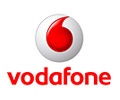 Vodafone Oman
Vodafone Oman Emirates Telecom
Emirates Telecom  Ooredoo Om
Ooredoo Om Ooredoo Qa
Ooredoo Qa stc Bahrain
stc Bahrain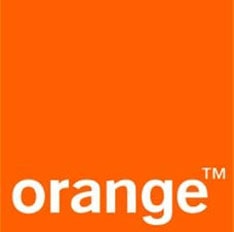 Orange Egypt
Orange Egypt Mobily
Mobily Zain Jo
Zain Jo omantel
omantel STC
STC Emirates Du
Emirates Du Asiacell
Asiacell Etisalat Egypt
Etisalat Egypt  Telecom Egypt
Telecom Egypt jawwal
jawwal Orange Jo
Orange Jo Umniah
Umniah Zain Sa
Zain Sa Bahrain Batelco
Bahrain Batelco Zain Bh
Zain Bh Wataniya palestine
Wataniya palestine Kuwait Viva
Kuwait Viva  Zain Kw
Zain Kw Vodafone Qa
Vodafone Qa MTN Syria
MTN Syria Syriatel
Syriatel Sabafon
Sabafon Zain Iq
Zain Iq MTN Yemen
MTN Yemen Ooredoo Kw
Ooredoo Kw Vodafone Egypt
Vodafone Egypt  Samatel
Samatel Huawei
Huawei Samsung
Samsung MOTOROLA
MOTOROLA Alcatel
Alcatel Lenovo
Lenovo LG
LG Nokia
Nokia Sony Ericsson
Sony Ericsson HTC
HTC BlackBerry
BlackBerry Siemens
Siemens Acer
Acer Sony
Sony Asus
Asus VK
VK APPLE
APPLE BenQ-Siemens
BenQ-Siemens Sagem
Sagem Eten
Eten HP
HP Panasonic
Panasonic Amoi
Amoi Toshiba
Toshiba Sharp
Sharp Sonim
Sonim Bird
Bird Mitac
Mitac Philips
Philips Vertu
Vertu Pantech
Pantech Micromax
Micromax Maxon
Maxon Haier
Haier I-mate
I-mate Gigabyte
Gigabyte I-mobile
I-mobile Kyocera
Kyocera BenQ
BenQ Microsoft
Microsoft Telit
Telit Connect
Connect Sendo
Sendo SEWON
SEWON Mitsubishi
Mitsubishi DELL
DELL NEC
NEC Thuraya
Thuraya Neonode
Neonode Qtek
Qtek Be
Be Bosch
Bosch Palm
Palm MWG
MWG XCute
XCute Fujitsu Siemens
Fujitsu Siemens WND
WND INQ
INQ O2
O2 Innostream
Innostream Benefon
Benefon Google
Google





